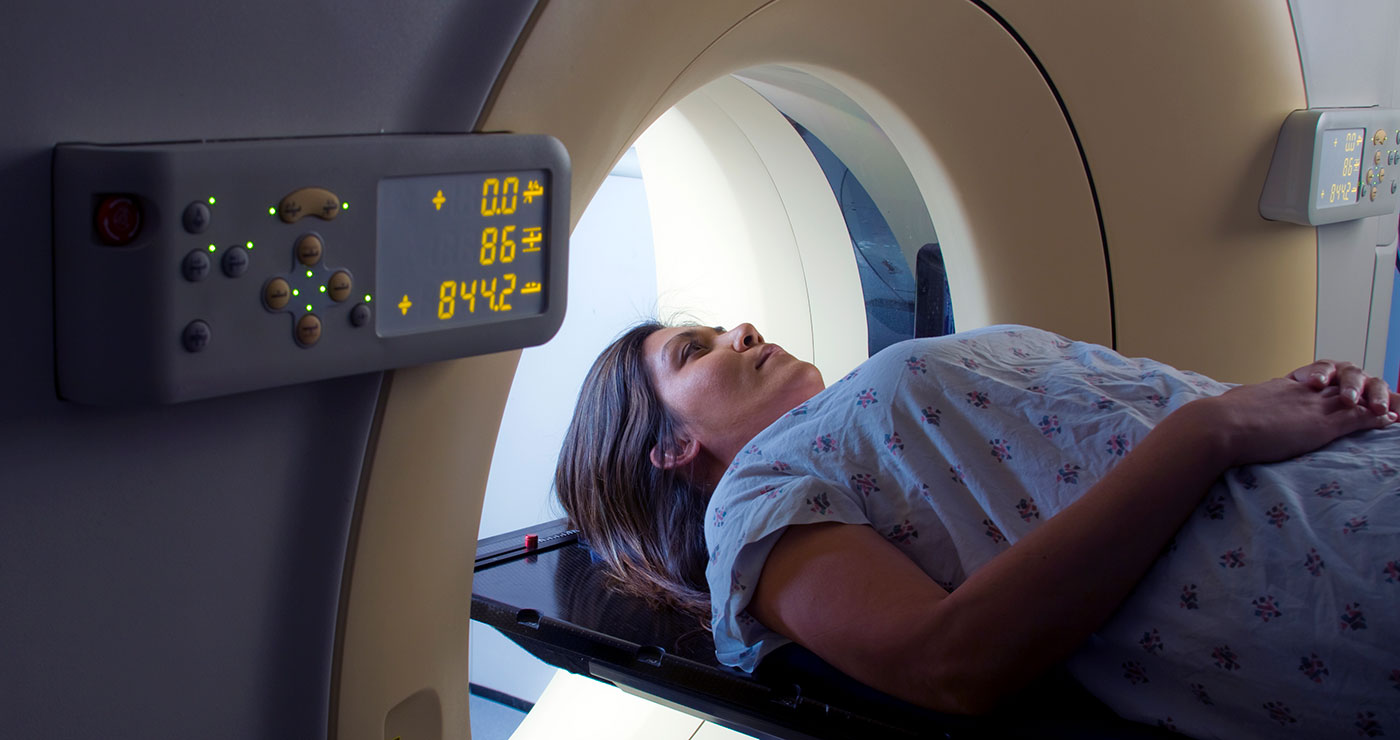 Nobody is ever ready for a car accident and the aftermath of these, oftentimes, life-changing events. Hopefully, the careless or negligent party who caused your injuries has adequate insurance to
Nobody is ever ready for a car accident and the aftermath of these, oftentimes, life-changing events. Hopefully, the careless or negligent party who caused your injuries has adequate insurance to

protect you, or in the case of a motor vehicle crash, that you have Uninsured/Underinsured Motorist coverage (UM/UIM).
In Florida, insurance companies insuring the negligent person or entity is entitled to have a physician examine you. The evaluation is called an independent medical evaluation or IME. The reality is that the adverse party’s insurance company buys the opinion of these physicians. Typically, these IME physicians have been hired many times in the past by the same insurance company. These physicians earn approximately $2,000 – $4,000 for a usually 15 minute evaluation and the drafting of a report. The better terminology for these physicians’ evaluations is a Defense Medical Evaluation (DME), which I will refer to in the remainder of this article.
The Use of DMEs
Let me be clear, DMEs s are not conducted by an unbiased and independent medical expert in order to obtain an honest and efficient understanding of the injuries sustained and the amount that is feasible concerning those injuries. The DMEs are used by insurance companies to deny or diminish the value of claims.
The DME is a tool of the insurance companies to dispute the injuries and affect the amount of the claim that is to be paid to the claimant. Often the claims are falsely deemed invalid based on the results of the DME. As the medical expert is chosen by the insurer, the result of the medical examination is likely to tilt towards the insurer.
A 2004 study found that the Central New York Occupational Health Clinic’s doctors seldom agreed with independent medical examiners on the disability of their patients. This exposes the rules mentioned in the law that the medical expert has to be independent and unbiased. Thus, it is very important to deal with situations regarding DME with much caution. If you retained an experienced personal injury attorney, that attorney will know how to prepare you and counter the opinions of the hired insurance company physician.
An insight into the experience of a DME or IME
I would like to discuss what the DME process is and the different steps that are involved.
First, the attorney for the adverse party will schedule a DME with your attorney. You need to make sure that your attorney sets an office meeting (not a phone meeting) with you to prepare you. This is critical. Many attorney will also attend the DME with you. Although not in every case.
The examination is usually kicked off by several basic questions by the doctor, such as the reason for the injury, the time-lapse and the severity. It is important to note that the relationship of the claimant with the doctor is not comparable to the normal physician-patient relationship. Anything that the claimant says during his session with the physician can be legally used in court. Therefore, it is important to choose one’s words carefully.
After the initial introduction and questions, the physician moves on to the technical procedure. He or she checks for the presence of the injuries that the claimant has alleged to have sustained. The DME physician’s actions are based oftentimes on what the insurance company wants answered.
Thus, the technical procedure begins, which includes any tests by the physician which are required to prove such injuries as claimed by the claimant. The range and level of these tests heavily depends on the injuries that are claimed. After the procedure is concluded, a copy of the results of the IME is provided to the at-fault party’s insurance company or attorney.
Precautions to take when attending a DME or IME
- Your personal injury attorney may attend and record the examination. If not, it is advisable to bring a member of your family or a friend with you to stay with you for the duration of the procedure and video record it if possible. This way, you will have a witness for yourself to give an account of the process as it happened in case any difficulties arise.
- Do not exaggerate any pain or injury, as the examiner himself is actively looking for such instances where he can mention exaggeration. Keep everything as realistic as you can. Exaggerating symptoms may backfire and you may cause damage to your claim.
- You should be aware of the fact that you shall be under constant surveillance from the moment you enter the facility. The physician will be focussing on every aspect of you, such as the way you talk, walk or even behave. I have seen DME or IME physicians comment on calluses on the hands of clients and write that my client must work out quite a bit. Thus, it is very important to manage yourself in a calm and poised manner.
- Do not sign any document at the evaluation. If you are asked to sign anything, and your lawyer is not with you, call your lawyer before you do.
- Keep a general record of the examination with you. You should note the basics. For instance, the date and time duration of the examination and what the physician asked of you and what he or she did during the examination. If your lawyer is not with you, please ask your friend or relative with you to video record the IME/DME.
- Do not get overly friendly with the physician and do not talk too much. Just answer the questions as briefly as you can. Remember, he or she is trained to befriend you to get you to open up. Keep in mind that this is done on purpose and that this physician is working for the insurance company to reduce or deny your claim.
The trial attorneys at Van Riper and Nies Attorneys, an Army Ranger Veteran-owned law firm, have successfully represented injured clients in personal injury and motor vehicle accident cases from our personal injury law offices in Boca Raton, Deerfield Beach, Delray Beach, West Palm Beach and Stuart, Florida. This article is not a substitute for legal advice. For more information about our Personal Injury Practice Group call 877-322-5291. For information about IMEs or DMEs in Defense Base Act cases, visit defensebaseactlawyers.com.